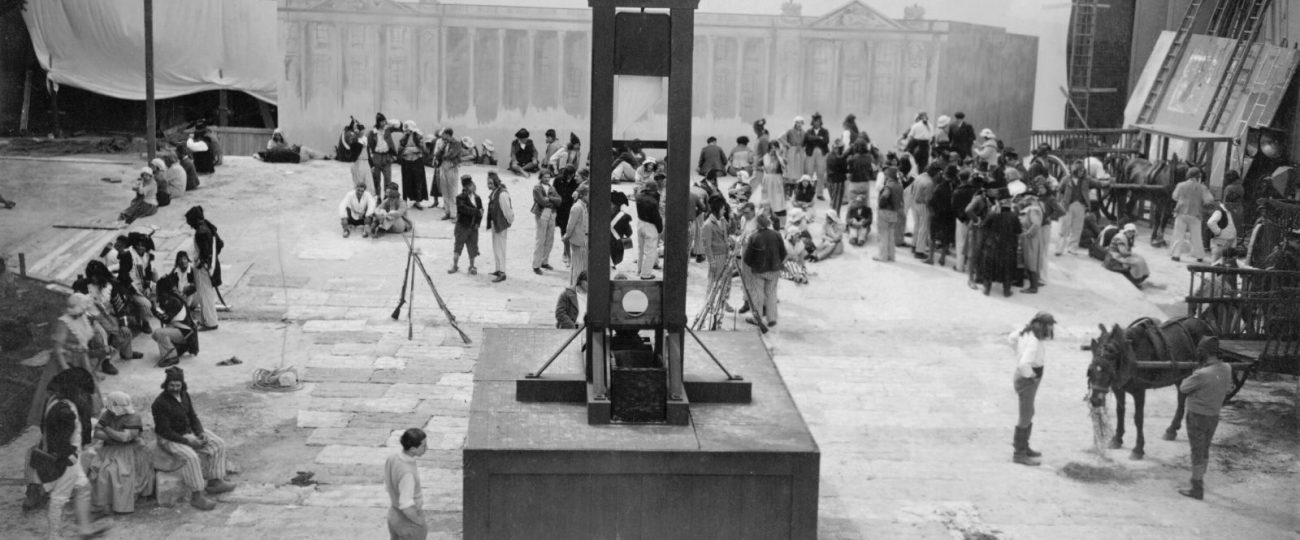What Happened On September 10th?
In the early hours of September 10, 1977, France carried out its last execution by guillotine. Hamida Djandoubi, convicted of the abduction, torture, and murder of 21-year-old Elisabeth Bousquet, became the final person to be executed under France’s death penalty laws. His death, which took place at La Santé prison in Paris, marked the end of a centuries-old practice. The guillotine, once synonymous with revolutionary justice, had become an increasingly controversial method of punishment. The execution itself, though quick and efficient, signaled the close of a dark era in France’s judicial history.
At 4:40 a.m., prison guards led Djandoubi out of his cell after serving him a basic meal. With the few witnesses present watching, including government officials and journalists, he approached the guillotine. In a matter of minutes, the blade fell, and Djandoubi’s life ended. The quiet atmosphere stood in contrast to the public spectacles of the past when executions had drawn crowds. In 1977, this final act of state execution took place behind closed doors, due to a society that had grown increasingly uneasy with the death penalty.
Djandoubi’s criminal acts stunned France. He lured Elisabeth Bousquet into a relationship under false pretenses, only to abduct her in 1974. Over several days, he inflicted unspeakable violence, leading to her death. The authorities quickly arrested Djandoubi, and his case became one of the most notorious of its time. His defense team argued that his behavior had deteriorated after he lost a leg in an industrial accident, which led to depression and violent outbursts. However, the court rejected this argument, focusing on the heinous nature of the crime.
Throughout the trial, the public and the media followed the case closely, shocked by the brutality. French citizens were no strangers to violent crime, but the details of Bousquet’s torture disturbed even seasoned observers. Additionally, Djandoubi’s background as a Tunisian immigrant raised tensions within France regarding the treatment of immigrants and issues surrounding crime and punishment. The debate over the death penalty intensified as his trial drew to a close.
While the court condemned Djandoubi for his horrific acts, his defense raised questions about his mental state. In 1971, Djandoubi had lost his leg in a work accident, a life-altering event that left him physically and emotionally scarred. Reports indicated that he struggled with depression, alcoholism, and erratic behavior in the years following the accident. His lawyers argued that the trauma had pushed him into a downward spiral, leading to the crimes he committed. However, the court ultimately focused on the crime itself rather than his mental health challenges.
Djandoubi’s case brought to attention a growing issue in French legal circles: the role of mental illness in criminal responsibility. His trial sparked conversations among legal experts and the public about whether his mental state should have been considered more deeply during sentencing. The defense’s efforts to highlight his psychological struggles were unsuccessful, but the case drew attention to how trauma could influence violent behavior.
By 1977, the guillotine had come to represent an uncomfortable chapter in French history. First introduced during the French Revolution as a more humane form of execution, it had become infamous for its association with the Reign of Terror and the mass executions that followed. Over the years, the device claimed the lives of thousands of criminals and political dissidents alike. Despite its initial purpose of providing a quick and “painless” death, the guillotine’s legacy was one of violence and fear.
Even though the French government continued to use the guillotine for decades, public sentiment had shifted. Intellectuals and human rights advocates began to question whether the state should still use such a brutal method of execution. By the time Djandoubi faced the guillotine, most of Europe had already moved away from capital punishment, and France’s continued reliance on the guillotine placed it at odds with its neighbors.
Djandoubi’s execution occurred during a period when France was increasingly divided over the issue of capital punishment. Public support for the death penalty remained strong, especially for crimes as violent as Djandoubi’s. However, a growing movement within the legal and political elite pushed for its abolition. President Valéry Giscard d’Estaing, though personally opposed to the death penalty, allowed the execution to proceed, believing that the severity of the crime justified the punishment.
The case reignited debate across France. Legal scholars, politicians, and citizens clashed over whether the state should retain the right to execute. Many argued that the risk of wrongful conviction made capital punishment too dangerous to continue. Though Djandoubi’s guilt was beyond doubt, his case fueled calls for the end of the guillotine and capital punishment in France.
La Santé prison, where Djandoubi met his fate, had long been associated with some of France’s most notorious prisoners. Located in the heart of Paris, the prison had housed political prisoners, including members of the French Resistance during World War II.
La Santé’s role in France’s history of executions was well-known. During the German occupation of France, the prison became a site for the execution of both French citizens and foreign prisoners. After the war, the guillotine remained in use, but by 1977, its days were numbered. Djandoubi’s execution closed the book on the guillotine’s long history in French criminal justice.
By the late 1970s, France found itself increasingly isolated in its use of the death penalty. Most European countries, including Germany and Italy, had abolished or suspended the practice by this point. France’s continued reliance on the guillotine placed it at odds with the growing human rights movements sweeping through Europe. Nations that had once shared France’s legal traditions had moved away from executions, leaving France one of the last holdouts.
Djandoubi’s execution also sparked new conversations about France’s place in the broader European landscape. Legal experts in France argued that the country needed to align itself with its neighbors, who had embraced more modern approaches to justice. In the years following Djandoubi’s death, these debates intensified, leading to France’s eventual abolition of the death penalty in 1981 under President François Mitterrand.





